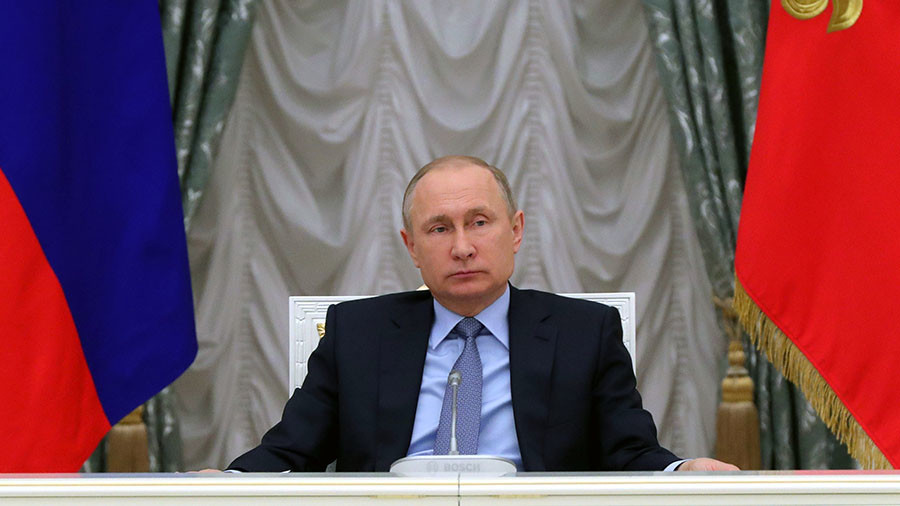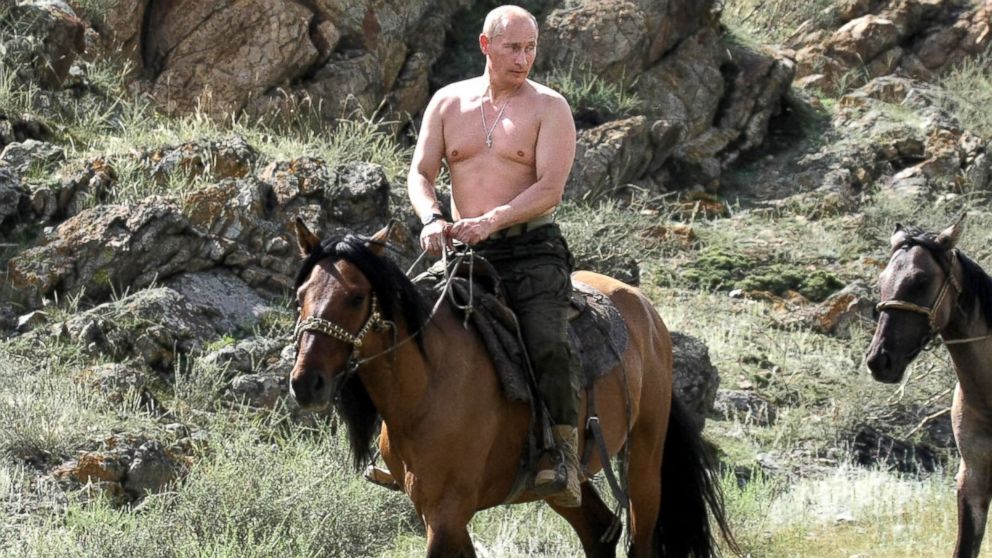- Third presidential term

Vladimir Putin was born to Vladimir Spiridonovich Putin and Maria Ivanovna Putina on 7th October, 1952, in Saint Petersberg, Soviet Union. During 1960-68, he attended the ‘Primary School No. 193’ located at Baskov Lane. He then joined the ‘High School No. 281’, and even took interest in sports like sambo (a martial art form) and judo. Putin Life - a game that allows you to feel in the role of one of the greatest people in history: the President of the Russian Federation, and possibly the Lord of our world. Plunge into the world of politics. Putin has introduced a raft of reforms that would help expand his power and extend his tenure, allowing him to run for life or remain in politics without needing to be the president.
Our editors will review what you’ve submitted and determine whether to revise the article.
Join Britannica's Publishing Partner Program and our community of experts to gain a global audience for your work!
Putin Life Coach
 The Editors of Encyclopaedia Britannica
The Editors of Encyclopaedia BritannicaVladimir Putin, in full Vladimir Vladimirovich Putin, (born October 7, 1952, Leningrad, Russia, U.S.S.R. [now St. Petersburg, Russia]), Russian intelligence officer and politician who served as president (1999–2008, 2012– ) of Russia and also was the country’s prime minister (1999, 2008–12).
Early career
Putin studied law at Leningrad State University, where his tutor was Anatoly Sobchak, later one of the leading reform politicians of the perestroika period. Putin served 15 years as a foreign intelligence officer for the KGB (Committee for State Security), including six years in Dresden, East Germany. In 1990 he retired from active KGB service with the rank of lieutenant colonel and returned to Russia to become prorector of Leningrad State University with responsibility for the institution’s external relations. Soon afterward Putin became an adviser to Sobchak, the first democratically elected mayor of St. Petersburg. He quickly won Sobchak’s confidence and became known for his ability to get things done; by 1994 he had risen to the post of first deputy mayor.
In 1996 Putin moved to Moscow, where he joined the presidential staff as deputy to Pavel Borodin, the Kremlin’s chief administrator. Putin grew close to fellow Leningrader Anatoly Chubais and moved up in administrative positions. In July 1998 Pres. Boris Yeltsin made Putin director of the Federal Security Service (FSB; the KGB’s domestic successor), and shortly thereafter he became secretary of the influential Security Council. Yeltsin, who was searching for an heir to assume his mantle, appointed Putin prime minister in 1999.
Although he was virtually unknown, Putin’s public-approval ratings soared when he launched a well-organized military operation against secessionist rebels in Chechnya. Wearied by years of Yeltsin’s erratic behaviour, the Russian public appreciated Putin’s coolness and decisiveness under pressure. Putin’s support for a new electoral bloc, Unity, ensured its success in the December parliamentary elections.
First and second terms as president of Russia
On December 31, 1999, Yeltsin unexpectedly announced his resignation and named Putin acting president. Promising to rebuild a weakened Russia, the austere and reserved Putin easily won the March 2000 elections with about 53 percent of the vote. As president, he sought to end corruption and create a strongly regulated market economy.
Putin quickly reasserted control over Russia’s 89 regions and republics, dividing them into seven new federal districts, each headed by a representative appointed by the president. He also removed the right of regional governors to sit in the Federation Council, the upper house of the Russian parliament. Putin moved to reduce the power of Russia’s unpopular financiers and media tycoons—the so-called “oligarchs”—by closing several media outlets and launching criminal proceedings against numerous leading figures. He faced a difficult situation in Chechnya, particularly from rebels who staged terrorist attacks in Moscow and guerilla attacks on Russian troops from the region’s mountains; in 2002 Putin declared the military campaign over, but casualties remained high.
Putin strongly objected to U.S. Pres. George W. Bush’s decision in 2001 to abandon the 1972 Anti-Ballistic Missile Treaty. In response to the September 11 attacks on the United States in 2001, he pledged Russia’s assistance and cooperation in the U.S.-led campaign against terrorists and their allies, offering the use of Russia’s airspace for humanitarian deliveries and help in search-and-rescue operations. Nevertheless, Putin joined German Chancellor Gerhard Schröder and French Pres. Jacques Chirac in 2002–03 to oppose U.S. and British plans to use force to oust Saddam Hussein’s government in Iraq.
Overseeing an economy that enjoyed growth after a prolonged recession in the 1990s, Putin was easily reelected in March 2004. In parliamentary elections in December 2007, Putin’s party, United Russia, won an overwhelming majority of seats. Though the fairness of the elections was questioned by international observers and by the Communist Party of the Russian Federation, the results nonetheless affirmed Putin’s power. With a constitutional provision forcing Putin to step down in 2008, he chose Dmitry Medvedev as his successor.
Putin as prime minister
Soon after Medvedev won the March 2008 presidential election by a landslide, Putin announced that he had accepted the position of chairman of the United Russia party. Confirming widespread expectations, Medvedev nominated Putin as the country’s prime minister within hours of taking office on May 7, 2008. Russia’s parliament confirmed the appointment the following day. Although Medvedev grew more assertive as his term progressed, Putin was still regarded as the main power within the Kremlin.
While some speculated that Medvedev might run for a second term, he announced in September 2011 that he and Putin would—pending a United Russia victory at the polls—trade positions. Widespread irregularities in parliamentary elections in December 2011 triggered a wave of popular protest, and Putin faced a surprisingly strong opposition movement in the presidential race. On March 4, 2012, however, Putin was elected to a third term as Russia’s president. In advance of his inauguration, Putin resigned as United Russia chairman, handing control of the party to Medvedev. He was inaugurated as president on May 7, 2012, and one of his first acts upon assuming office was to nominate Medvedev to serve as prime minister.
- born
- October 7, 1952 (age 68)
St. Petersburg, Russia
Putin Lifestyle
- president, Russia (2012-)
- prime minister, Russia (2008-2012)
- president, Russia (2000-2008)
- prime minister, Russia (1999-2000)

Putin Life Story
- political affiliation
Where Does Vladimir Putin Live
- role in

